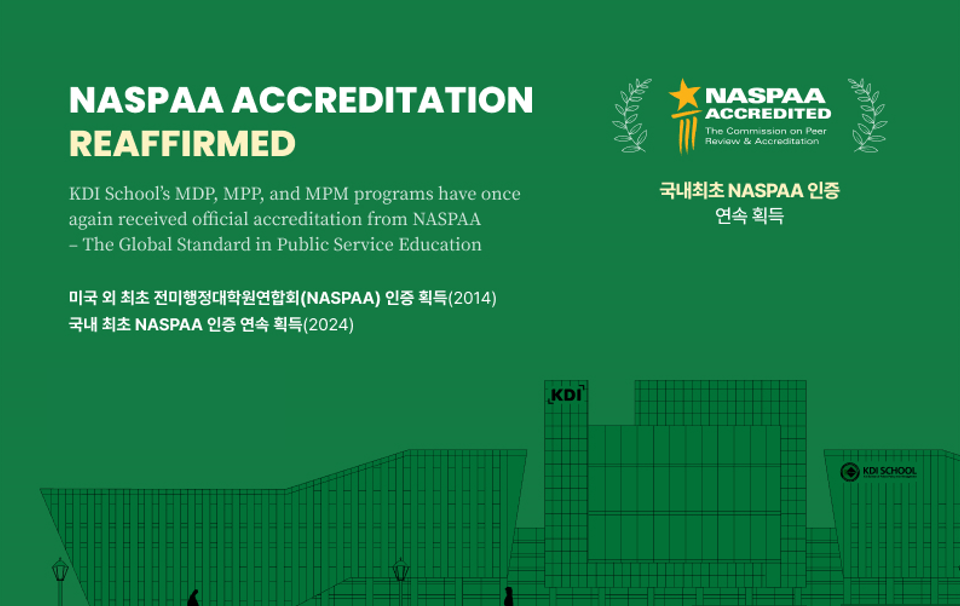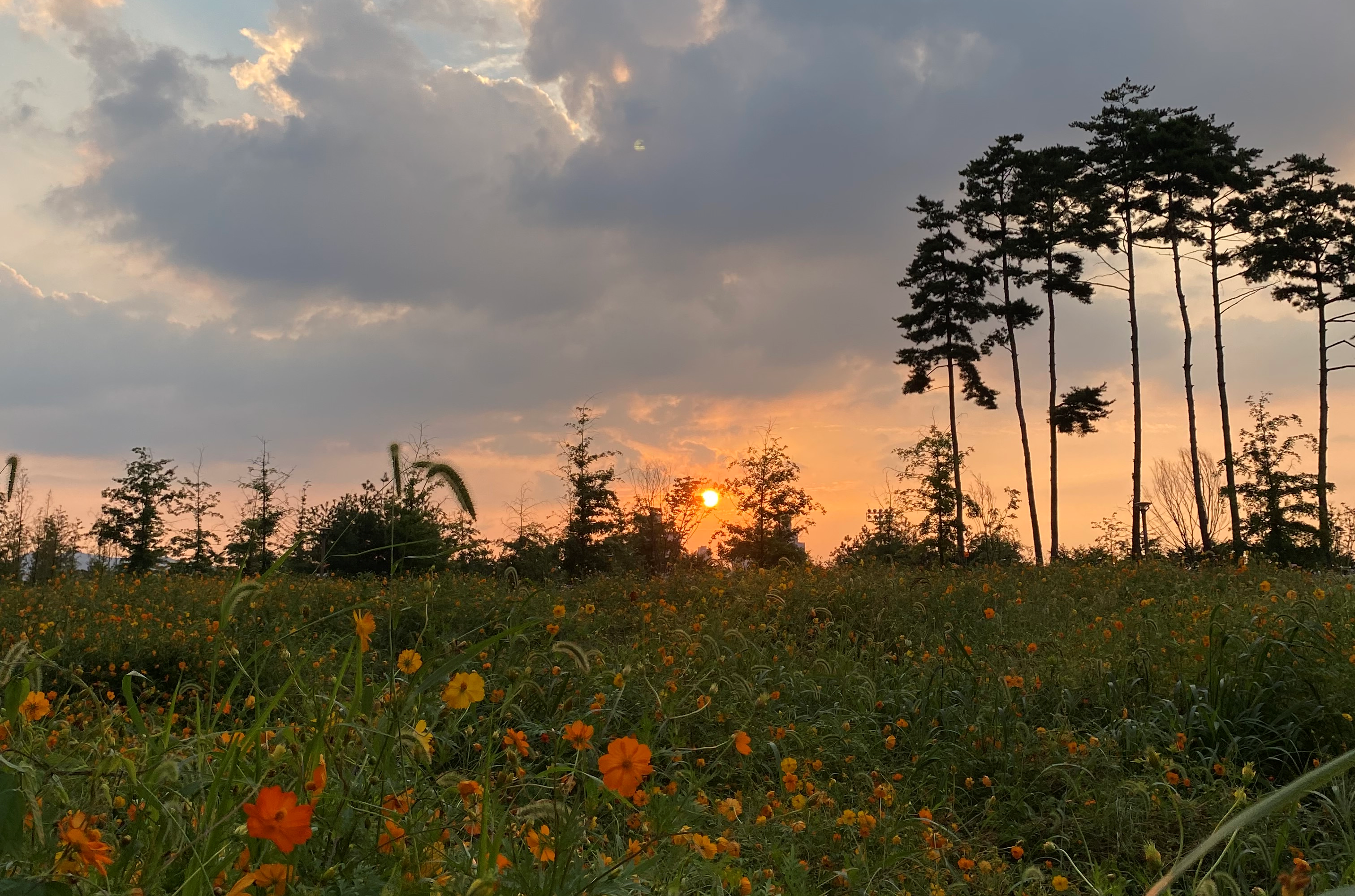
Listening, Learning, and Leading: An Interview with Counselor Sharon at Human Rights Center
- Date 2024-12-02 11:26
- CategoryStory
- Hit976
One of the best things that KDIS offers is the Human Rights Center. The Center’s essential role is to support members of the KDIS community who are struggling, whether they’re students under stress due to assignments and studying or staff deadline with work-related challenges. The Center is responsible for spreading awareness regarding human rights, and it also handles any human rights violations complaints. One of the things that the Center provides is counseling; you can book an appointment and talk to the counselor about what you’re struggling with. If you have been to the Human Rights Center, then you know Counselor Sharon. Counselor Sharon is one of the best KDIS staff members, and she has been providing help to many students.
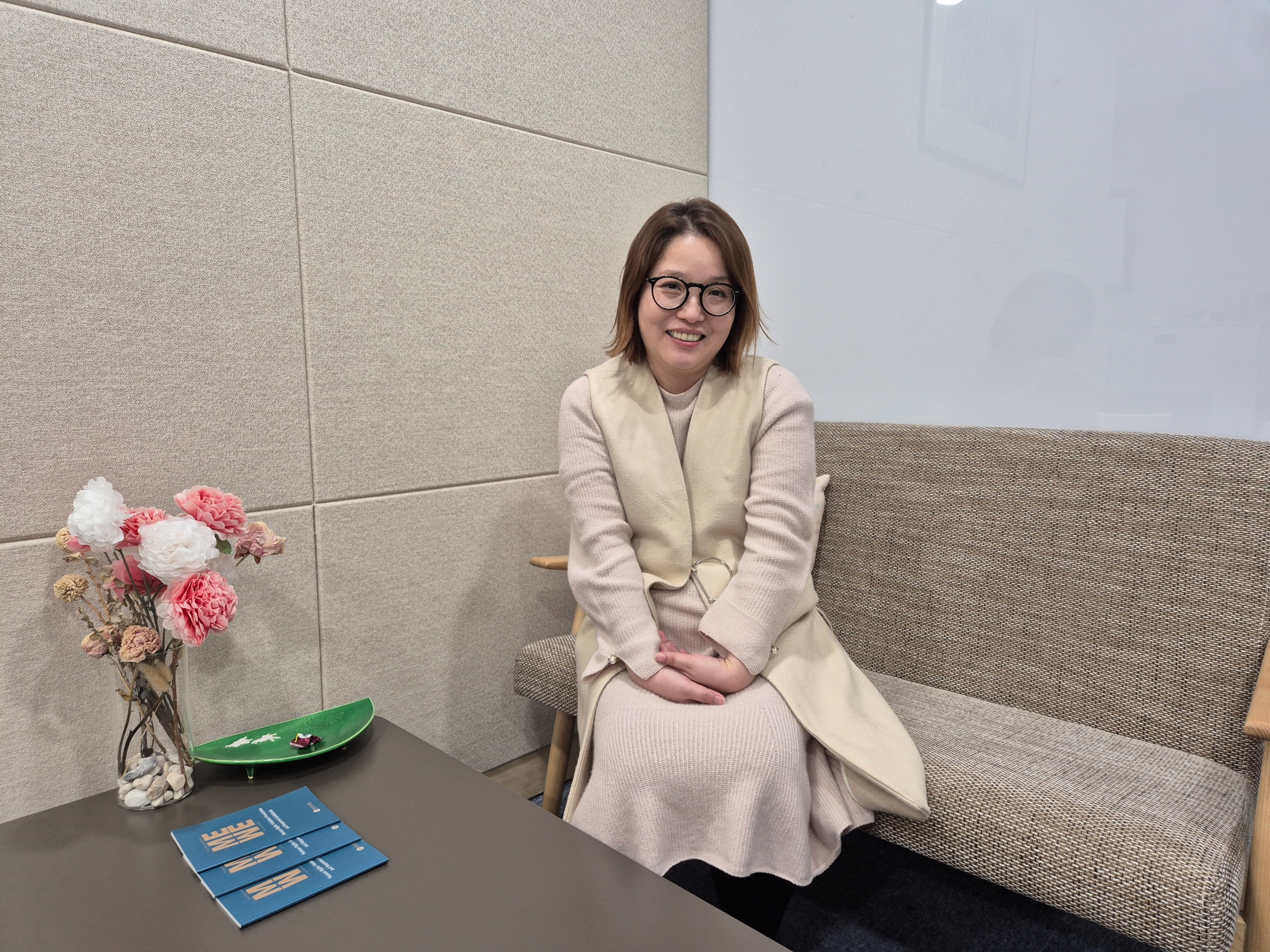
It is finally the end of the semester – and as students face their final exams, submit their final assignments, and prepare for graduation, some find that they need some extra support during this sometimes difficult and stressful time; we decided to have an interview with Counselor Sharon to ask her a few questions about her role and its challenges.
1. Please, introduce yourself.
Hello, I’m Sharon, a counselor at the KDIS Human Rights Center.
2. What inspired you to be a counselor?
Initially, I wanted to be a writer, but I had to give up that dream due to a lack of talent. While studying counseling, I aimed to console myself. However, I realized that each client I met was courageous and living their best as the protagonist of their own story. I found great joy in this process and discovered that counseling is what I genuinely want to do.
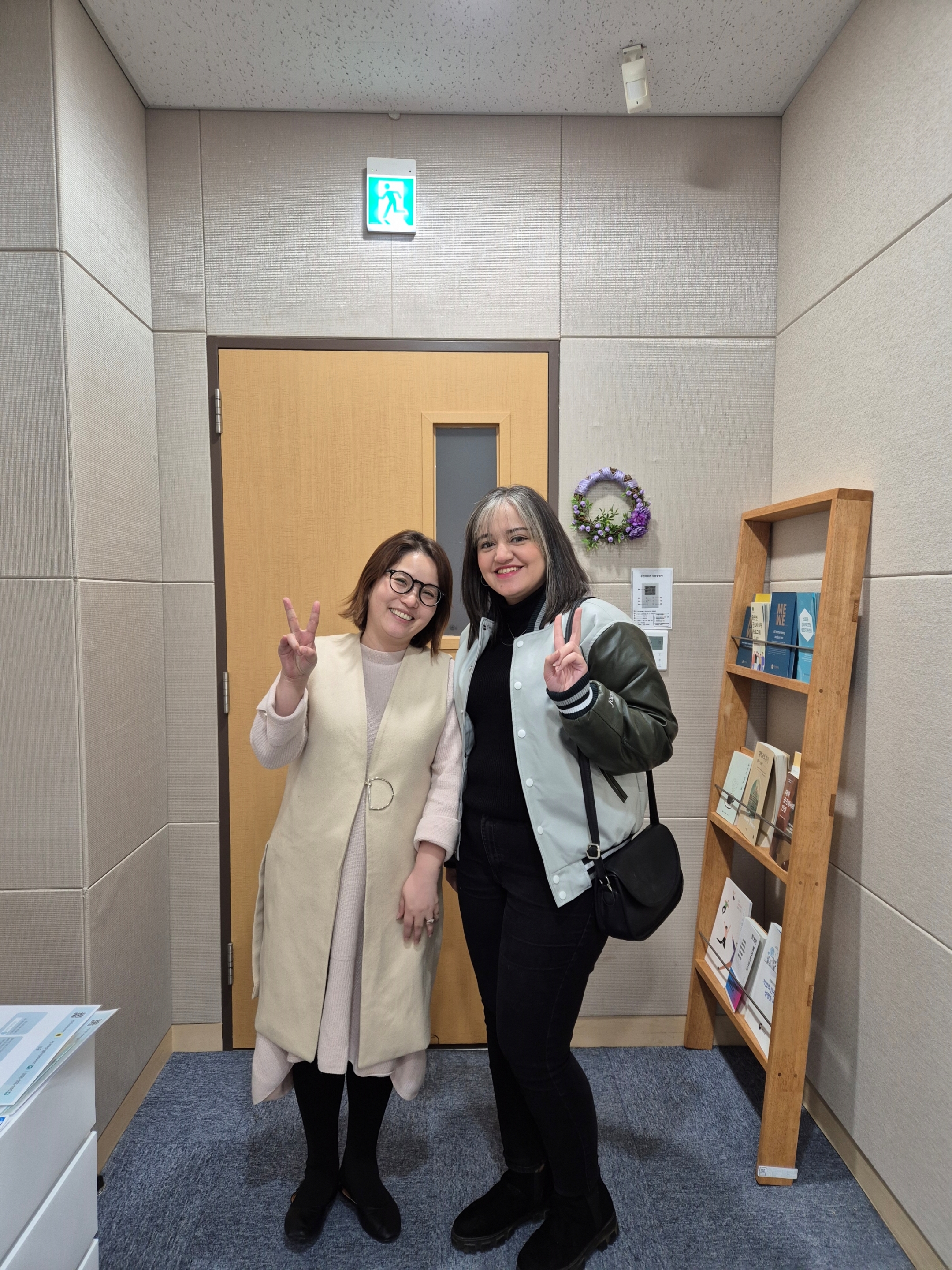
3. What made you choose KDI School?
I came to KDIS because of my passion for working with international students. Having personally experienced the difficulties of adapting to a new environment, I wanted to support students in successfully navigating their academic lives and returning home with a positive experience.
4. What is the hardest challenge you’ve been through as a counselor and how did you overcome it?
The toughest moments are when a client deals with issues I haven’t personally experienced. However, this also highlights the beauty of counseling. Since each client comes from a unique background, I approach every session with a fresh perspective, treating each moment as a learning opportunity. To better assist my clients, I continuously study, reflect, and genuinely try to understand their experiences.
5. What kind of mental health issues do you see most often among students and staff, and how do you address them?
Stress, anxiety, and career concerns are common among students, while staff members often struggle with burnout and work-life balance. I create a safe and comfortable space for my clients, exploring mindfulness, time management, and stress-relief strategies. I emphasize self-care and guide them in achieving a balanced life.
6. How do you help students who are struggling with academic pressure or time management?
I help students distinguish between what they can manage on their own and when they need external support. By revisiting the reasons and motivations that brought them to KDI School, I support them in making their time here both meaningful and productive.
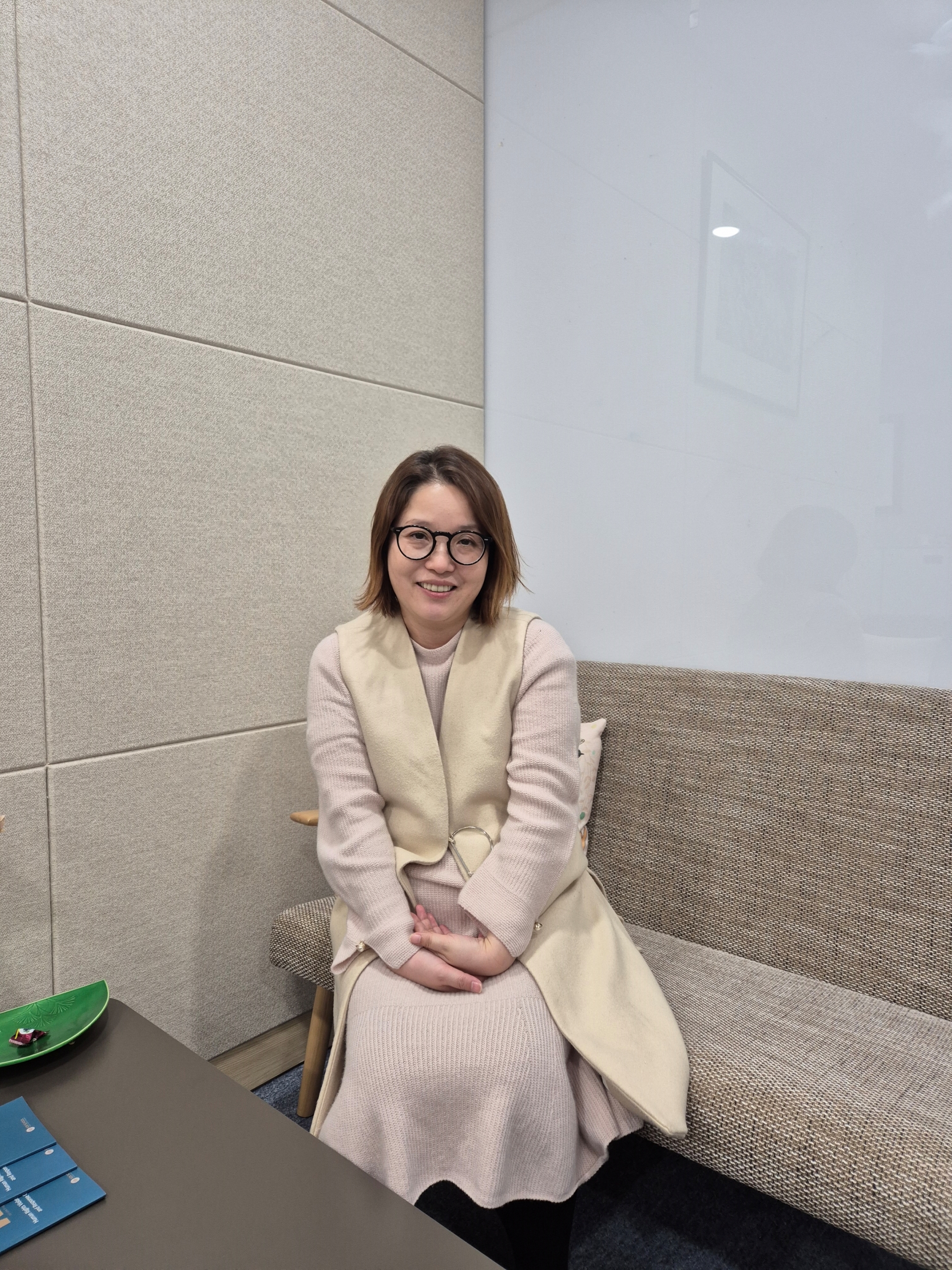
7. What strategies do you use to assist students with imposter syndrome, which can be common in graduate school?
Feelings of imposter syndrome often stem from self-doubt. I help students explore the roots of these feelings and guide them in transforming self-criticism into self-compassion. I believe in the importance of unwavering support as a counselor.
8. How do you handle situations where a student may be at risk of dropping out due to emotional or mental health challenges?
Ideally, I encourage students to seek help directly from the Human Rights Center. If that isn't possible, I suggest they communicate with the Human Rights Supporters. KDIS offers various opportunities, and I strive to provide an open space for dialogue and support, helping students experience both academic and emotional freedom.
9. What are some of the most rewarding aspects of your work as a counselor?
Witnessing clients transform into healthier, more productive individuals as we wrap up counseling sessions is deeply rewarding. I find meaning in patiently waiting and learning from each client. By reserving judgment and believing that “this person has more stories to share,” I eventually see clients reach better conclusions. Additionally, listening to their stories teaches me a lot and gives me time to reflect, which is another source of fulfillment for me as a counselor.
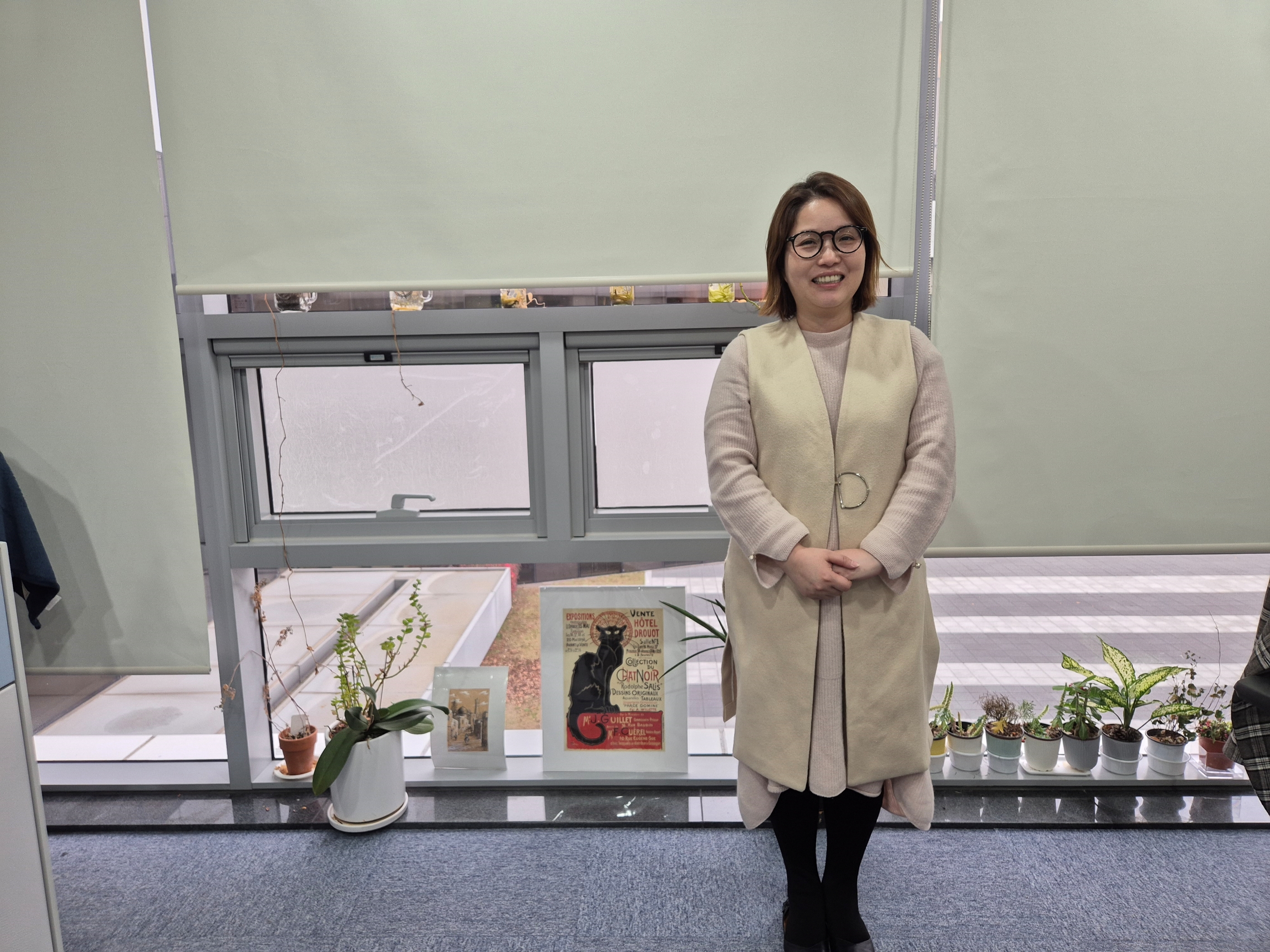
10. How do you stay updated on counseling techniques and strategies to ensure you are providing the best support to students?
I regularly attend counseling conferences, read various books, and participate in seminars to enhance my skills. Sometimes, I watch movies or read novels, constantly thinking about my clients and how to understand them better.
11. What advice would you give to graduate students on maintaining a healthy balance between academic life and personal well-being?
Eat well, sleep well, and maintain meaningful relationships. Pursue your studies with passion, but don’t hesitate to seek help when you face difficulties. Never be afraid to ask for support when you need it.
With this advice, we conclude the interview and we encourage students who feel stressed out or anxious to head to the Human Rights Center as it can ease their minds and provide them support.
Related News
-

Research and Education3 days ago
Republic of Korea Economic Bulletin, July 2025#KDI #Economic #KDISCHOOL #kdischool #Economic Bulletin #Research
-
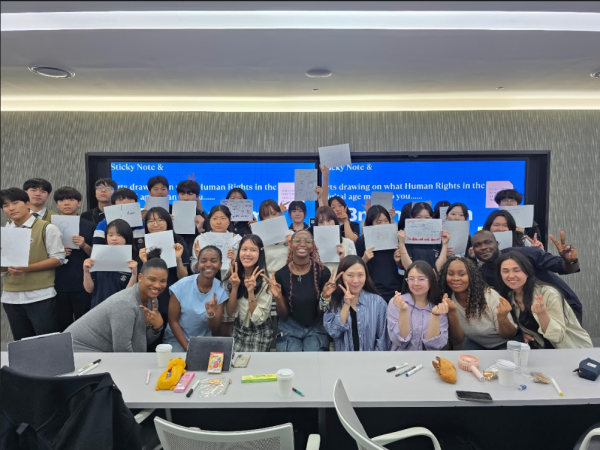
Story6 days ago
Summer 2025 Talent Donation Program: KDIS Forums Host Sejong High School Students#KDISCHOOL #KDIS #student #talent donation #student forums #student clubs
-
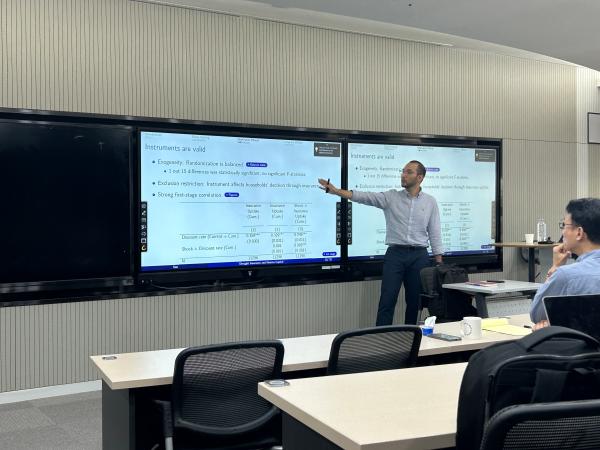
Research and Education7 days ago
Research Seminar by Hyuk Harry Son from Utrecht University

